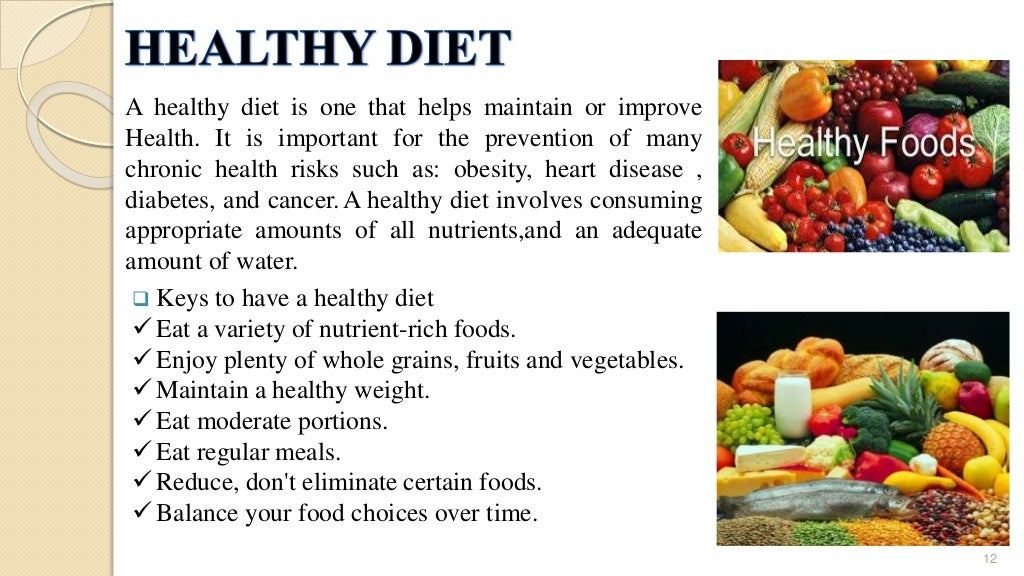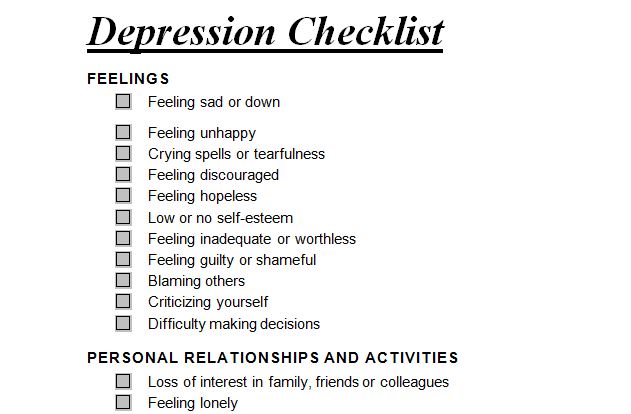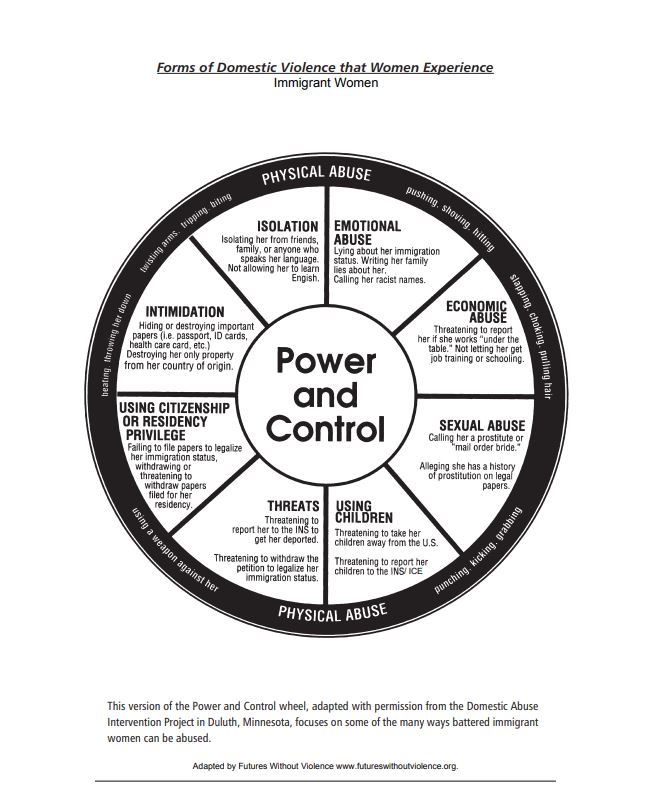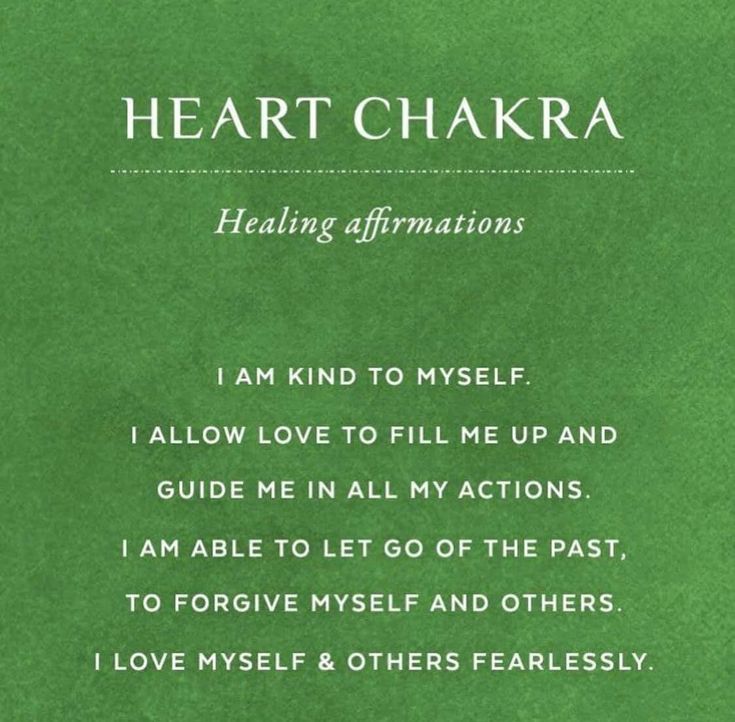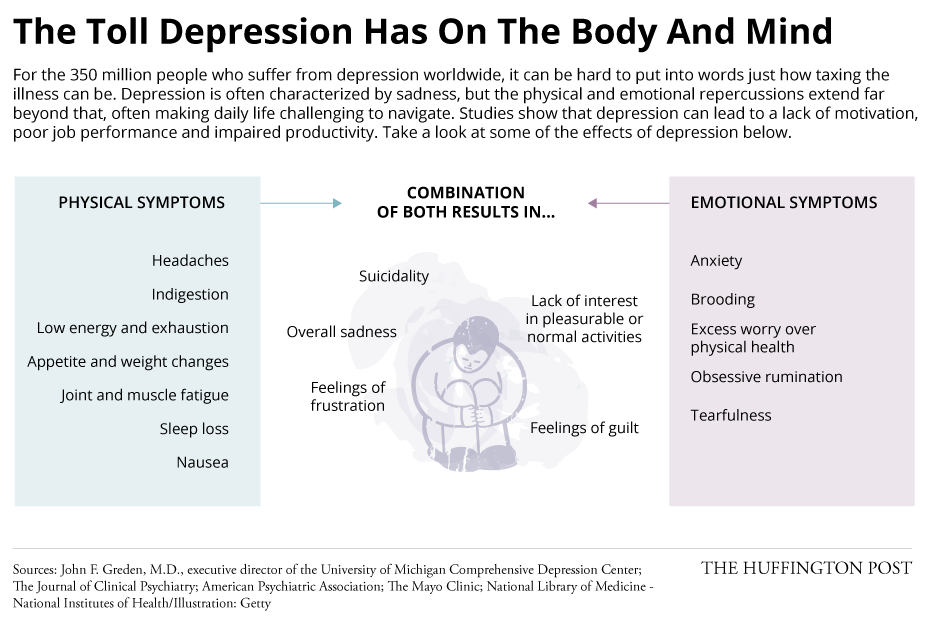Maintaining healthy relationships
Building and maintaining healthy relationships
Healthy relationships with your partner and family members can enhance your life and make everyone feel good about themselves. They don’t just happen though; healthy relationships take time to build and need work to keep them healthy. The more positive effort you put into a relationship, the healthier it should be.
People in healthy relationships love and support each other. They help each other practically as well as emotionally. They are there for each other in the good times and the bad times.
Healthy relationships are commonly based on:
- respect
- trust
- open communication
- equality
- both shared and individual interests
- understanding
- honesty
- care
- emotional support
- shared values around finances, child raising and other important matters
What are the benefits of healthy relationships?
People who have healthy relationships are more likely to feel happier and satisfied with their lives. They are less likely to have physical and mental health problems.
Healthy relationships can:
- increase your sense of worth and belonging and help you feel less alone
- give you confidence
- support you to try out new things and learn more about yourself
Communication in a healthy relationship
People who are in a healthy relationship talk to each other regularly and listen to each other too.
Misunderstandings can happen, and that can lead to people being upset, hurt or confused.
It is best to be clear about what you want to say. Making a real effort to understand what the other person is saying also helps. Double checking that you have understood correctly can avoid misunderstandings.
Just because you love each other doesn’t mean you will be able to communicate well or know what the other is thinking.
To encourage more open communication in your relationship:
- set aside time to speak to each other, without interruptions
- put yourself in the other person’s shoes
- don’t rely on the other person to guess what is going on, or how you are feeling
- listen to each other, and make sure the other person knows you are listening to them
- let the other person finish what they are saying
- talk about things honestly and respectfully
- try not to be too defensive
- stay calm and try not to attack
Communication is not just talking; non-verbal communication — your posture, tone of voice, facial expressions — can tell the other person how you feel. Non-verbal communication can even undermine what you’re saying if your behaviour doesn’t match your words.
Non-verbal communication can even undermine what you’re saying if your behaviour doesn’t match your words.
How can I maintain healthy relationships?
Building healthy relationships with partners, friends and family is good for you. It improves your mood, your mental health and your wellbeing.
Maintaining them is important. It takes time and commitment. No relationship is perfect, but it is important that it brings you more happiness than stress. Here are some tips for a healthy relationship.
Be clear about what you want
Assertive communication helps make your point more clearly than passive or aggressive communication. It means you make your point clearly and honestly, while respecting the other person's point of view.
Try using ‘I’ statements instead of accusatory ‘you’ statements. For example, say "I really hate it when you don't clean up the dishes" rather than "You never help me in the kitchen".
Say sorry when you’re wrong
This is really important as it helps heal relationship breakdowns that inevitably occur.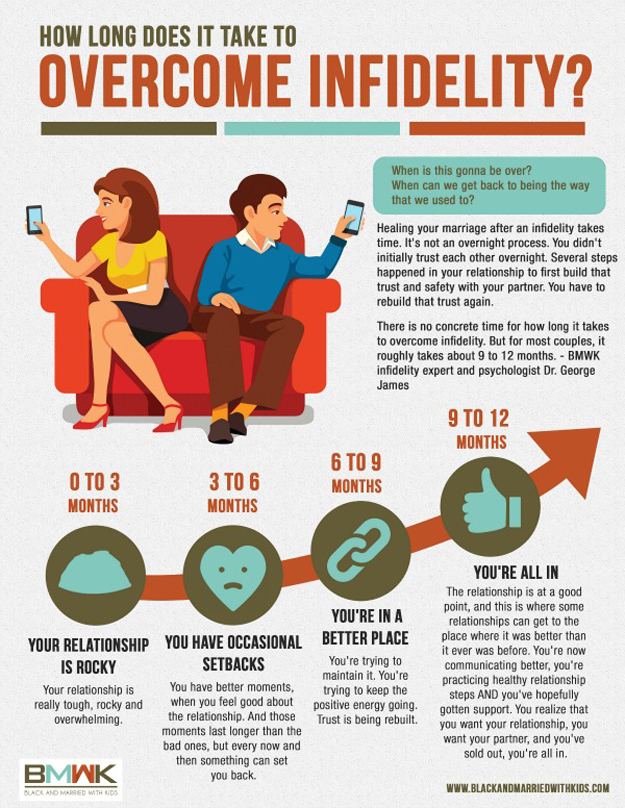
Be affectionate and show appreciation
Relationships can become routine after a while. Make special time together and continue to show your affection. Even just snuggling on the couch after work helps show intimacy.
Make the relationship a priority
It can be hard to balance relationships, work, family and friends. You can help establish a work-life balance by setting limits at work and learning to say no – this will ensure you make time for your relationship.
Develop shared interests
Finding hobbies you both enjoy allows you to spend time together. This could be as simple as doing a night class together or taking up a new sport.
Work on feeling good about yourself
Feeling good about yourself allows you to give the best to your relationships. Taking time to do what you enjoy can help.
Healthy friendships maintain your happiness and self-esteem, so it is important that you stay in touch with your friends when you are in a relationship.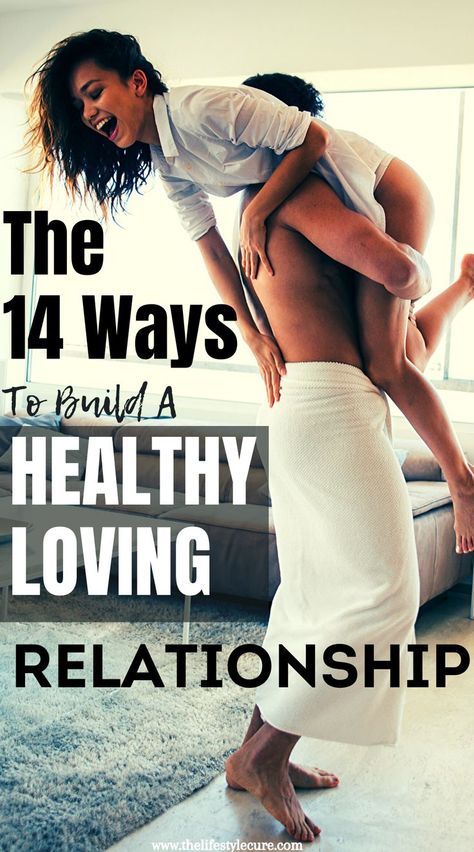
One of the warning signs of an unhealthy relationship is when you quit activities you used to enjoy because of your partner.
Find solutions that work for both of you
Conflict is a part of any relationship. It is essential that you both respect and accept your differences and similarities. Finding solutions that work for both of you will probably require compromise at different times.
Make plans for the future
By making plans for the future together, you both show you are in the relationship for the long term.
Family time
Finding time together as a family can be difficult, but there are many benefits to regularly sharing family meals. Even one family meal a week gives everyone a chance to catch up, connect and communicate with each other.
Having relationship issues?
It is normal to have ups and downs in a relationship. It is also normal to have different opinions. Relationships, and people, change over time.
Your relationship is not healthy if one person has more power than another, or if that person is abusive or violent.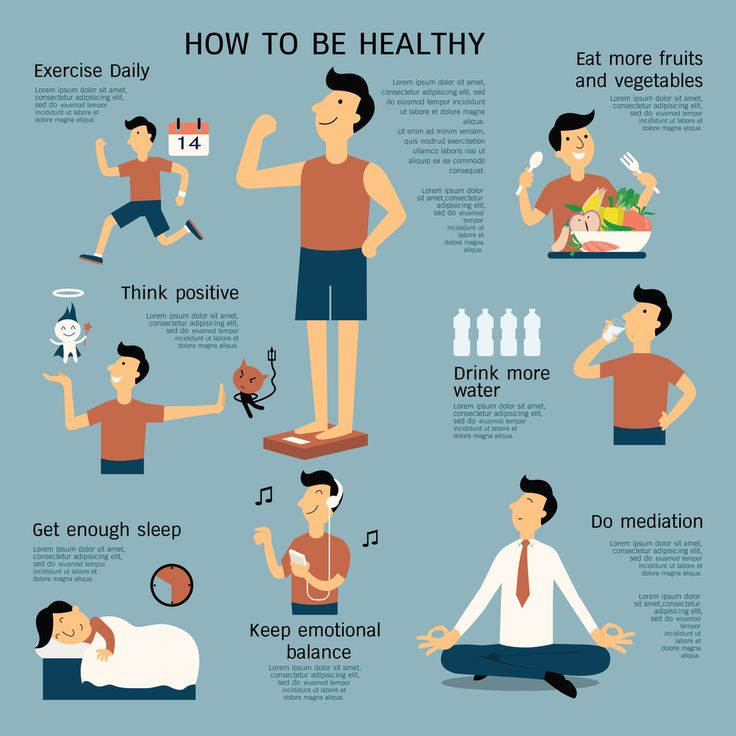
When a relationship ends
The end of a relationship can be a very painful time. It may take 2 or 3 years for people whose long-term relationship has ended to recover and to put their lives together again. Some people develop serious health and emotional problems during this time.
Resources and support
If you would like to talk to someone, here are some organisations that can help:
- Lifeline (anyone having a personal crisis) — call 13 11 14 or chat online.
- MensLine Australia (online counselling and forum for men) — call 1300 78 99 78.
- Relationships Australia provides support groups and relationship counselling, including for people in an abusive relationship - call 1300 364 277.
Learn more here about the development and quality assurance of healthdirect content.
What Does a Healthy Relationship Look Like?
Having boundaries is like drawing a line. One side has the things you are okay with and the other side, those that you are not okay with, don’t feel ready for, or make you uncomfortable.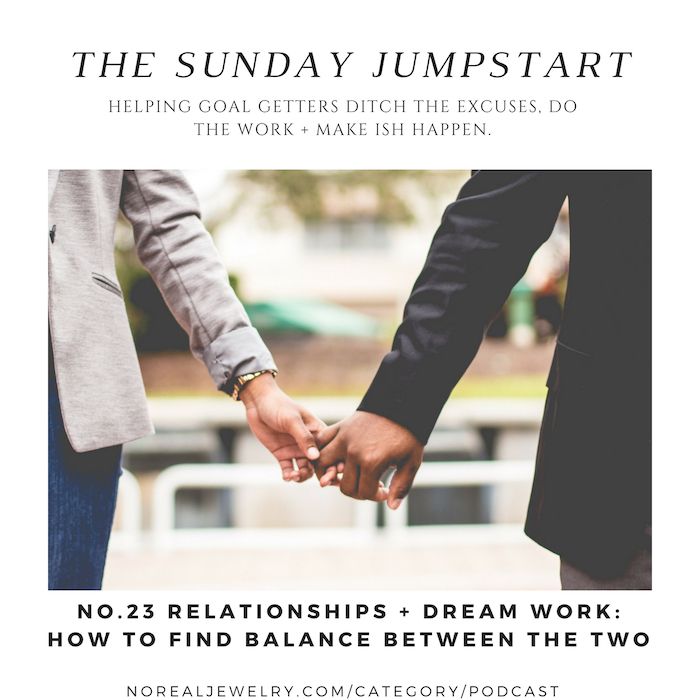 This line looks different for everyone, so it is important for you to know where yours needs to be drawn. Setting boundaries is a way to teach your partner about your needs, and let you know when something doesn’t feel right. You are allowed to put your needs before someone else’s needs, especially if their needs make you uncomfortable.
This line looks different for everyone, so it is important for you to know where yours needs to be drawn. Setting boundaries is a way to teach your partner about your needs, and let you know when something doesn’t feel right. You are allowed to put your needs before someone else’s needs, especially if their needs make you uncomfortable.
Step 1: What are your boundaries?
Think about these categories and what they mean in terms of your relationship.
Physical: Are you okay with public displays of affection? Does affection make you uncomfortable? Do you hate it or love it when your partner tickles you? Do you need a lot of alone time? Learn more about physical boundaries and abuse.
Emotional: Are you able to share what you are feeling right away or do you need some time to think about it? Do you need your partner to be available anytime you have a crisis? When are you ready to say I love you? Learn more about emotional boundaries and abuse.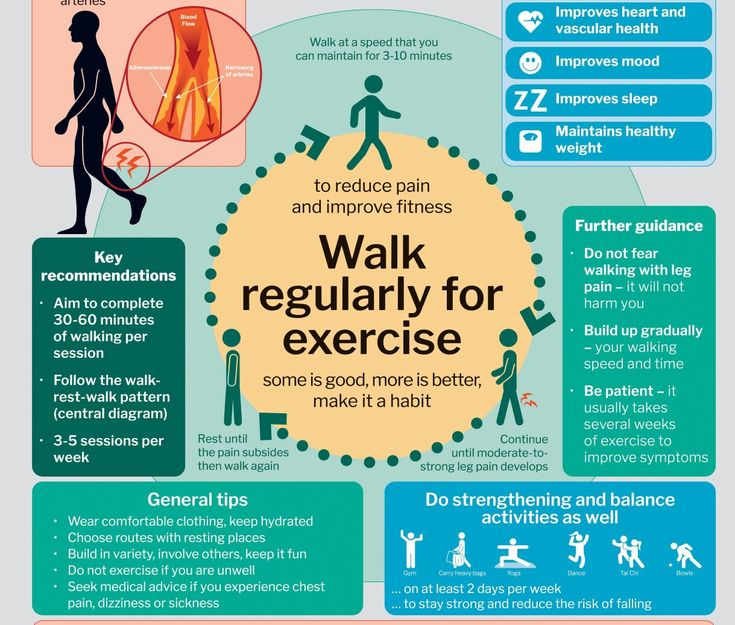
Sexual: Do you need to get to know your partner a while before engaging in any kind of sexual activity, or are you okay getting physical right away? What sexual activity are you okay with? Learn more about sexual boundaries and abuse.
Digital: Are you posting your relationship status? Is it okay if your partner uses your phone? Do you want to share passwords? Learn more about digital boundaries and abuse.
Material: Do you like sharing your stuff? Are you okay paying for your partner or vice versa?
Spiritual: Do you like to practice your religion with a partner or alone? Does your partner need to have the same beliefs as you or can they be different as long as yours are respected? Are you waiting until marriage before you have sex?
Step 2: Letting your partner know what your boundaries are.
You don’t have to sit down with your partner with a check list of all of the things that make you uncomfortable, but you do have be open and honest.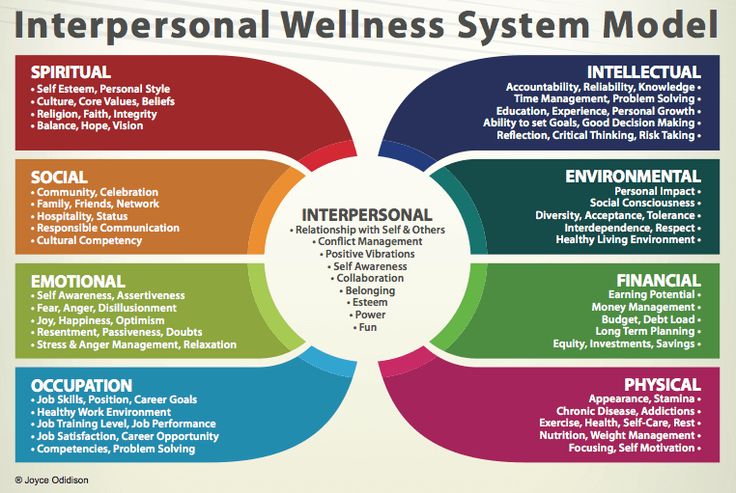 Some of these things might come up early in the relationship, like if you are a virgin and don’t want to have sex until you’re ready. Some of these things may not come up for a while, like if your partner wants to share passwords after dating for 6 months. When your needs are different than your partner’s, have a conversation; you don’t need to give an explanation. It may be awkward, but having the tough conversations is a part of having a healthy relationship. When your partner listens to you and respects you, it builds trust.
Some of these things might come up early in the relationship, like if you are a virgin and don’t want to have sex until you’re ready. Some of these things may not come up for a while, like if your partner wants to share passwords after dating for 6 months. When your needs are different than your partner’s, have a conversation; you don’t need to give an explanation. It may be awkward, but having the tough conversations is a part of having a healthy relationship. When your partner listens to you and respects you, it builds trust.
Step 3: Recognizing when the line has been crossed.
Sometimes, boundaries get crossed even after you’ve talked with your partner; this is where trusting yourself comes in. You may be sad, anxious or angry or you may not know exactly what you are feeling. Always trust your gut. If something doesn’t feel right to you, it probably isn’t.
Step 4: Responding.
If a boundary has been crossed by your partner who didn’t know where your line was drawn, have an honest conversation. It could be something as simple as saying, “Hey, I really don’t like it when you ________. This makes me really uncomfortable. Do you think next time you can ______ instead?” This might take some back and forth before coming to an agreement that meets both of your needs, but your relationship will be stronger because of it.
It could be something as simple as saying, “Hey, I really don’t like it when you ________. This makes me really uncomfortable. Do you think next time you can ______ instead?” This might take some back and forth before coming to an agreement that meets both of your needs, but your relationship will be stronger because of it.
If a boundary has been crossed even though you had already been clear about your boundaries, this might be abuse. Crossing a line might be obvious, like if you say no to having sex, but your partner uses physical force to make you do something you don’t want to do. But it can also be more subtle, like if your partner guilts you into something, begs you until you give in or threatens to break up with you unless you do what they want.
How to strengthen relationships: 10 wise advice for all time
Psychology
The phrase that everyone repeated at least once in their life: “Relationships are not easy!” I want to clarify. In theory, relationships themselves are very simple, because they develop in a natural rhythm according to the will of feelings: they met, fell in love, decided to be together.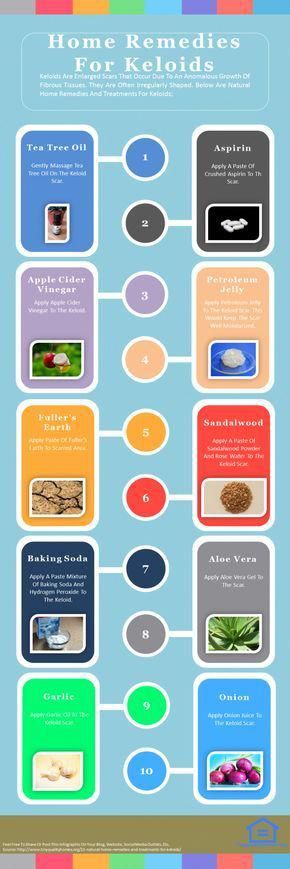 But the people involved in a relationship can make it difficult - and even very difficult.
But the people involved in a relationship can make it difficult - and even very difficult.
The fact is that we are not very pleased with the idea that "relationships need to be worked on." What kind of nonsense is this, but what about love? Why is a harmonious union, which arose from a great and bright feeling, not able to magically work by itself, like a well-oiled machine?
Unfortunately, even the heroes of fairy tales do not hope for such a thing. Relationships really take effort, and they can be strong and happy - if you know the right life hacks. A romantic connection can be strengthened and improved by working in two directions:
- demanding more from yourself,
- demanding more from a partner.
No magic is required, everything is extremely simple and is set out below in ten tips, following which you get a sure chance to extend your relationship to the "forever" mode.
1. Don't sacrifice your personal life
Not in the sense of "keep dating with a stable partner" - that kind of freedom is hard to reconcile with serious intentions.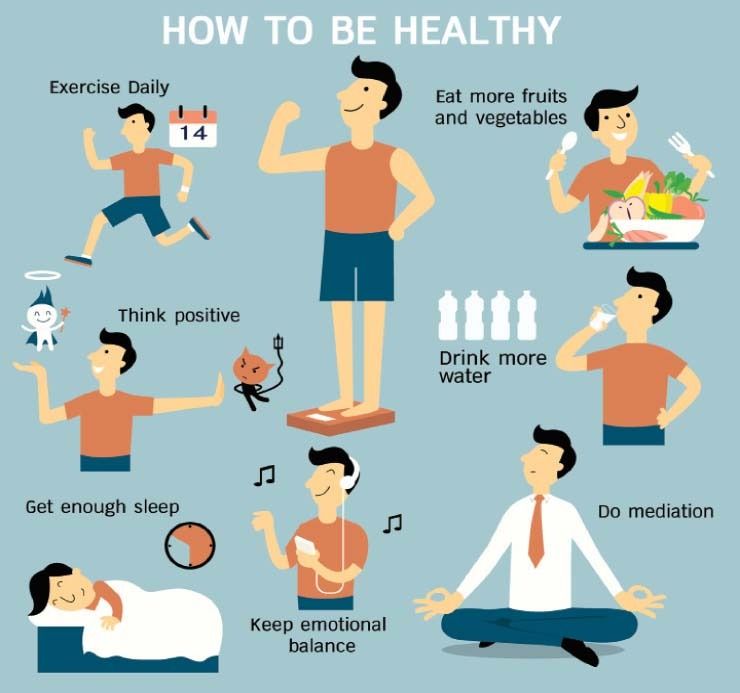 You can burn with sincere passion for each other, but this does not mean that the rest of your life should be dissolved in selfless adoration. Do not forget your friends and loved ones, do not give up evening yoga, Saturday sessions at the spa and Sunday breakfasts with your sister. Take care of your independence, do not drown your personality in love, do not get into the habit of asking for time off and reporting - having lost the status of single, you can still do whatever you want, whenever you want. It invigorates, maintains self-esteem and saves relationships from routine and boredom.
You can burn with sincere passion for each other, but this does not mean that the rest of your life should be dissolved in selfless adoration. Do not forget your friends and loved ones, do not give up evening yoga, Saturday sessions at the spa and Sunday breakfasts with your sister. Take care of your independence, do not drown your personality in love, do not get into the habit of asking for time off and reporting - having lost the status of single, you can still do whatever you want, whenever you want. It invigorates, maintains self-esteem and saves relationships from routine and boredom.
A still from the movie “Tenderness”
2. Be honest with your feelings
Tell yourself the truth and nothing but the truth: are you really happy? Satisfied? Physically, emotionally, mentally? Yes, this is not easy - the female nature is prone to sacrificial compromises, but these three points are crucial. If you are connected only by mind-blowing sex, sooner or later the problem “what about talking?” Will arise.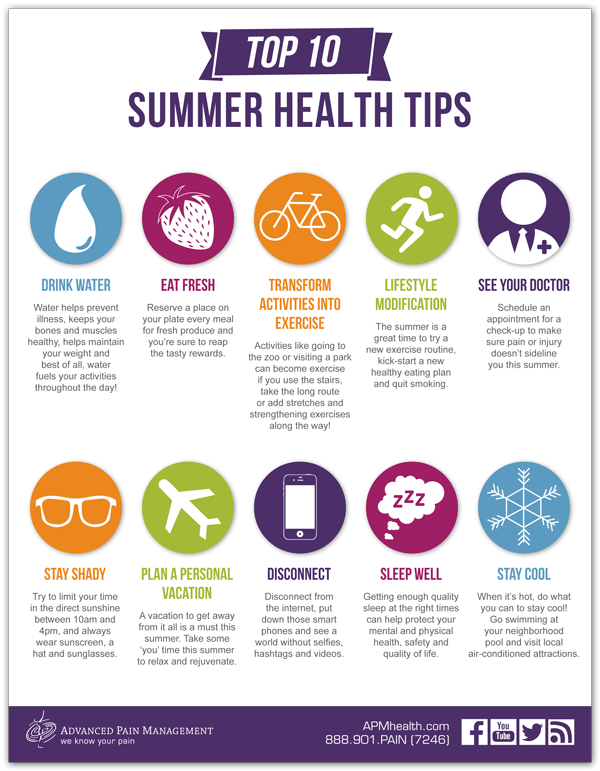 If you entertain each other with a play on words, but at the same time, intimacy slips into a “C grade” - the prognosis is also unfavorable. Or are you satisfied with both the mind and physiology, but he avoids talking about love and has never given a flower? Obviously, this will soon cease to suit you, too. The secret of strong reciprocity is in a strong and natural connection on all points; therefore, make sure that everything in your relationship is the way it is, or at least goes towards it. In other scenarios, think about ways to retreat.
If you entertain each other with a play on words, but at the same time, intimacy slips into a “C grade” - the prognosis is also unfavorable. Or are you satisfied with both the mind and physiology, but he avoids talking about love and has never given a flower? Obviously, this will soon cease to suit you, too. The secret of strong reciprocity is in a strong and natural connection on all points; therefore, make sure that everything in your relationship is the way it is, or at least goes towards it. In other scenarios, think about ways to retreat.
A still from the film "My King"
3. Do not pursue or torment with jealousy
Oh, that eternal woman's question: "Where are you?", piercing men like a voodoo spellcaster's needle. If you bombard him with messages 24/7, call him a hundred times a day, and in general your world revolves only around him, it's time to admit that your feelings are mutating into addiction. Persecution strangles men. This approach will not help to keep anyone, acting exactly the opposite. Be more confident in yourself, do not worry, he will not go anywhere. And even if you got such a hot handsome man that it's hard not to worry about this topic, convince yourself that you will be fine anyway. Disable the chase option. Once and for all. Remember that you are the fire. Let him chase you, it's much more fun.
This approach will not help to keep anyone, acting exactly the opposite. Be more confident in yourself, do not worry, he will not go anywhere. And even if you got such a hot handsome man that it's hard not to worry about this topic, convince yourself that you will be fine anyway. Disable the chase option. Once and for all. Remember that you are the fire. Let him chase you, it's much more fun.
A still from the movie One Day
4. Love and take care of yourself
Many women complain that they either cannot find the right partner or are always attracted to specimens who treat them the wrong way. The reason is low self-esteem: we attract the level of love that we experience for ourselves. It is impossible to burn yourself with the napalm of self-criticism on a daily basis and expect others to treat you like a queen. Believe me, men easily read it.
Take a positive look at your qualities and start loving yourself for who you are right now.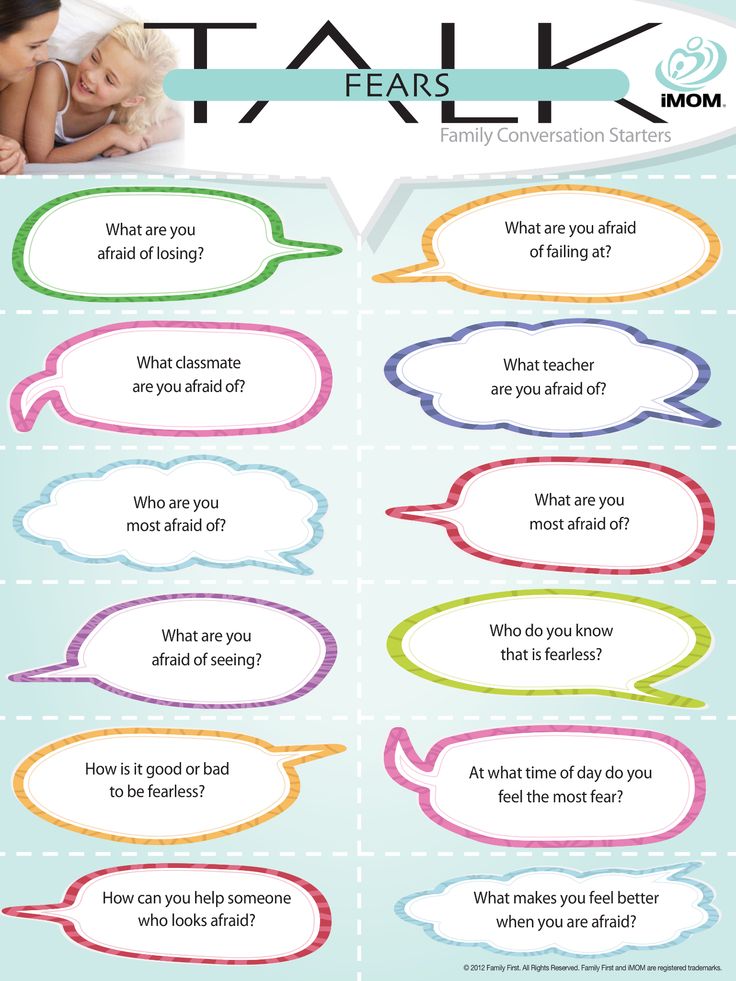 And if you love yourself, then take care of yourself - stay healthy, go to bed on time, have a relaxing bubble bath, or maybe a spontaneous bachelorette party tonight. It is very important to pamper yourself by nourishing the soul outside of the relationship, otherwise you will have nothing to give.
And if you love yourself, then take care of yourself - stay healthy, go to bed on time, have a relaxing bubble bath, or maybe a spontaneous bachelorette party tonight. It is very important to pamper yourself by nourishing the soul outside of the relationship, otherwise you will have nothing to give.
A scene from the film Longtime Lovers
5. Do not try to please and adapt
The desire to please is based on the expectation of positive feedback: love, kindness, gratitude. However, the world is unnecessarily generous with negativity, and people will gladly use you, recognizing the need to give themselves without reserve. Relationships are a two-way street: pamper yourselves, but make sure you're pampered too. Strive for a healthy balance of self-giving and selfishness. And please, don’t be fooled by the fear of loneliness, agreeing to options from the series “let it be at least that way” - this approach does not bring happiness. I am not one of those who are waiting for Mr.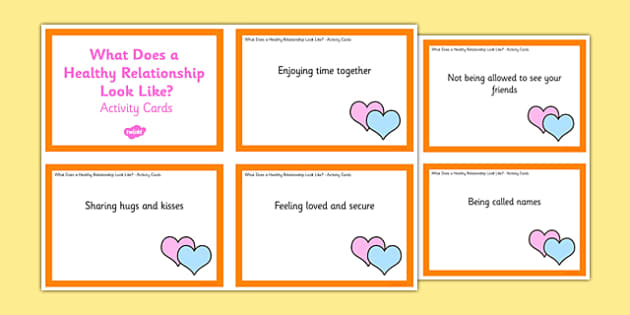 Perfection, but I firmly believe that each of us can count on the “what we need” option.
Perfection, but I firmly believe that each of us can count on the “what we need” option.
A still from the movie “One Meeting”
6. Don't avoid problems
Nobody likes conflicts. I mean, there are certainly people who are entertained by strife, but apparently they are in the minority. But what happens if the partners, not wanting to sort things out, constantly turn on avoidance mode? Nothing good. If you avoid problems for years, they will accumulate, and one day you will wake up 25 years later and realize that you will never be able to sort them out, because you have long forgotten how this huge pile began. Don't suppress negative (or positive) emotions. Talk to your partner about any issues that are bothering you. Firstly, you are a team, which means that we must work together to overcome adversity. And secondly, you always deserve respect and the right to speak out.
A scene from the movie The Lovers
7.
 Make time for each other promising stage. Your connection needs care and attention, confessions and walks, surprises and gifts, romantic dates and cozy home evenings. Be creative, spare no energy to feed your feelings.
Make time for each other promising stage. Your connection needs care and attention, confessions and walks, surprises and gifts, romantic dates and cozy home evenings. Be creative, spare no energy to feed your feelings. Still from the movie Revolutionary Road
8. Equal Effort
There's a saying that relationships require 50/50. What nonsense, only 100/100! Both partners must put 100% effort every day to maintain the relationship at the right degree and dynamics. It is difficult to expect harmony from the connection "100 to 20", "100 to 50" or even "100 to 99". You must be equal. If your alliance is out of balance, you need to talk about it in order to get back on track.
Still from the film Water for Elephants
9. Be generous with empathy and appreciation
When you work as a team, you can't go against each other. So, you can not take into account only your own point of view. Whether you're right or wrong, accept the reality of the difference in perception.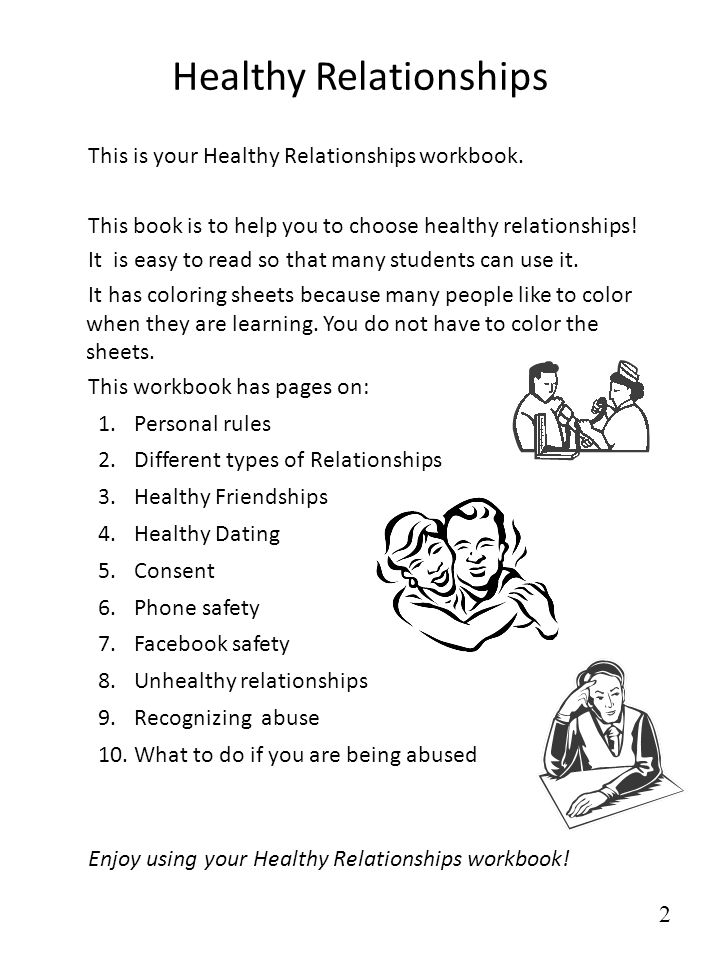 If your partner sees the situation differently, try to understand and, most importantly, let him know that you respect his view of things. What else? Be a good listener and feel free to be grateful. Even if he just loaded the dishwasher, tell him "thank you". Thank him for what he does for you and he will want to do it again to make you happy. And, of course, he will be grateful in return.
If your partner sees the situation differently, try to understand and, most importantly, let him know that you respect his view of things. What else? Be a good listener and feel free to be grateful. Even if he just loaded the dishwasher, tell him "thank you". Thank him for what he does for you and he will want to do it again to make you happy. And, of course, he will be grateful in return.
A still from the film The English Patient
10. Don't try to change him
It's no secret that many women believe they can change their lives. “If I make him lose 10 kilos, he will be much more attractive”, or “If I can wean him from video games, I will be happy”, or “Once we get married, he will change for the better” - all these internal insinuations have no relationship to real love and long-term happiness. If you don't like the way he looks, talks, or kisses right now, without thinking of any miraculous changes, you shouldn't be with him. Dot. Free yourself from fictitious duties - leave it to someone who will be happy with the original.
Dot. Free yourself from fictitious duties - leave it to someone who will be happy with the original.
Read also:
25 things, which the couple should do together at least once in your lifetime
The main thing is not victory: how to argue with your beloved
Smirnova NATASHA
Tags
- Psychology 9012 9012 9012 9012 9012 9012 9012 9012 9012 9012 9012 9012 9013
The science of love: how relationships are built
It would seem that your romantic relationship has improved, but after a while another decline begins. And that's okay, because people change. Despite the speed of change, there are still components to love, which were described by the American psychologist Robert Sternberg. In an open lecture from the Faculty of Psychology of the Higher School "Learning Environment" as part of the "In the Environment" project, he spoke about the phenomenon of love from the point of view of science and considered the process of forming love relationships.
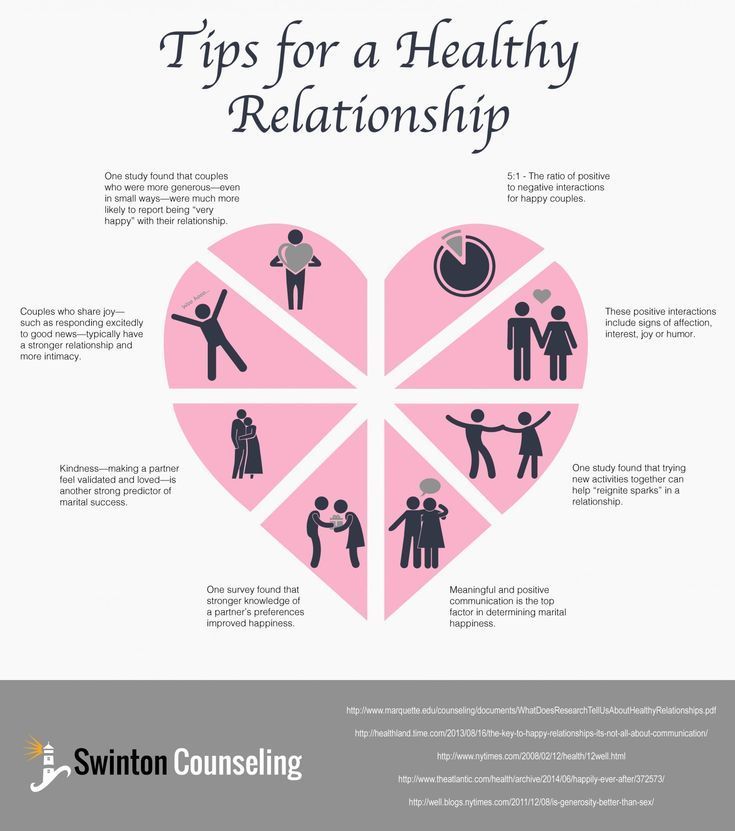
Robert Sternberg
American psychologist, professor of psychology at Cornell University (one of the largest and most famous universities in the United States, part of the Ivy League), member of the editorial board of the journal American Psychologist. In the past, he was Dean of Science and Arts at Tufts University, Professor of Psychology and Education at Yale University, and President of the American Psychological Association (APA).
Components of love
Each of us at different stages of life faces problems in relationships. As the American psychologist Robert Sternberg noted, he was never good at love matters, so it was important for him to understand the phenomenon of love. Based on their research in 19In 1986, the psychologist proposed a three-component theory of love, which was tested in 25 countries.
The main components of a love relationship are intimacy, passion and commitment. Together they form a love triangle.
Triangle of love
Intimacy: connection, trust, care, respect, exchange, compassion.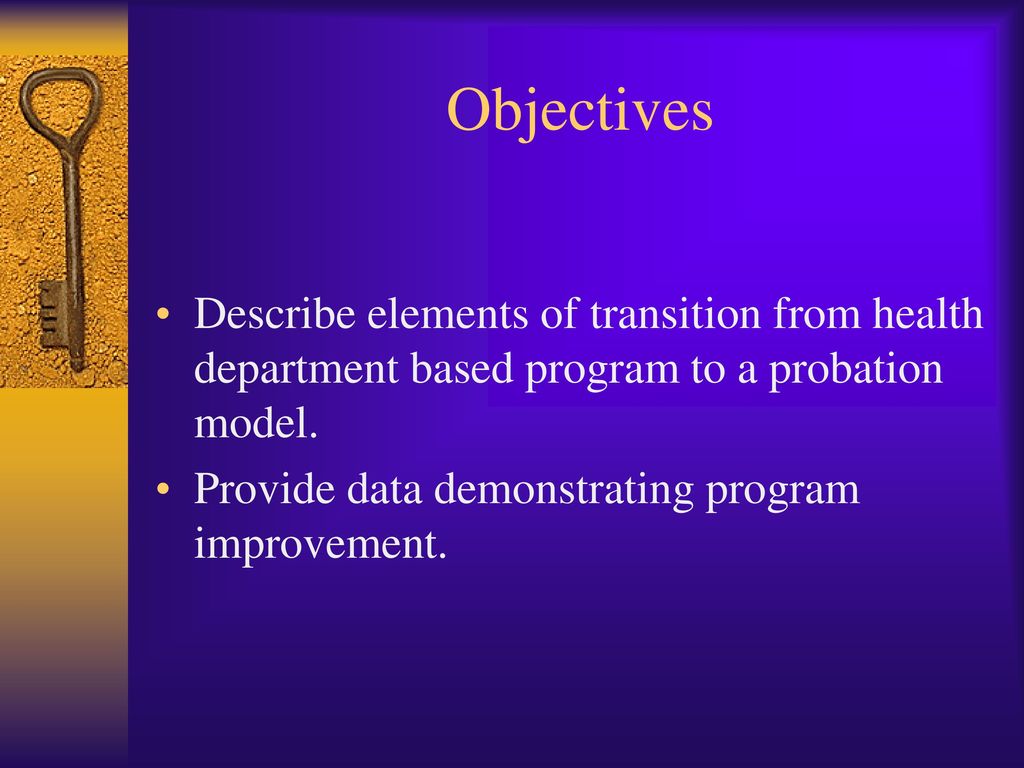
Passion: a strong need to be with a person, possessiveness, the inability to imagine your life without your partner.
Commitment: the decision to be with a person always, despite all possible problems.
Each component of love manifests itself at different times. In childhood, we learn intimacy - we have the first friends with whom we share our secrets. The feeling of passion covers in adolescence. During the period of the first loves, we lose our heads and completely dissolve in the object of our desires. Obligations overtake us in adulthood.
In a relationship, the components of love can be represented equally, or one component can dominate - the triangle can be balanced or unbalanced.
Involvement in relationships
If a person is really involved in relationships, then he makes efforts to maintain and develop them. This is reflected in intimacy, passion, and commitment, so with the help of a love triangle, we can evaluate the involvement in a relationship.
When a person is involved in a relationship, all the components of love are in the right places: intimacy, passion and commitment are at the right level, so a triangle of the required shape is formed.
Perfect Engagement
There may be a situation where a person lacks intimacy, passion or commitment. There is a desire to get more than you currently have - this is typical of insufficient involvement.
Under-involvement
In an over-involvement situation, on the contrary, you get much more than you need, so such relationships begin to oppress and frighten you.
Overinvolvement
Also, the shape of the triangle may not match the shape you would like. This happens when the desires and interests of partners do not coincide. For example, there may be a lot of passion in a relationship, but there is a need for intimacy.
Wrong involvement
How the components change over time
At the beginning of a relationship, when you first get to know each other, intimacy grows, but at a certain point it reaches a plateau.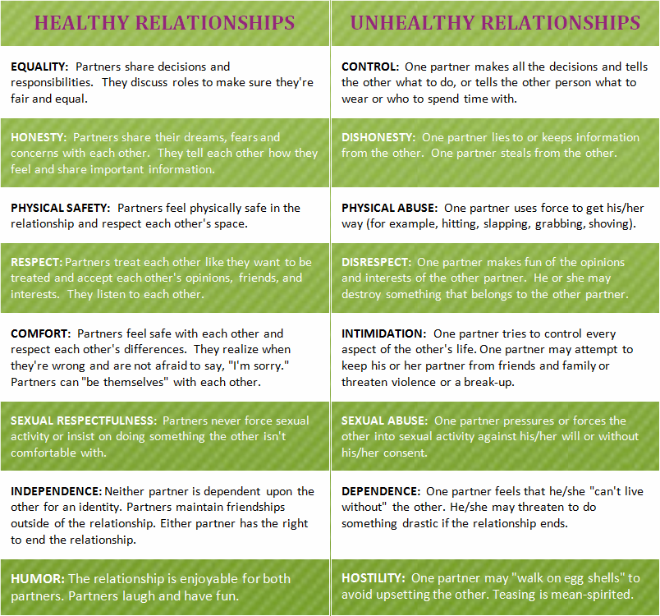 This is inevitable, so for all couples at this point, the question arises: can they restore intimacy to the previous level, or are they satisfied with the current level?
This is inevitable, so for all couples at this point, the question arises: can they restore intimacy to the previous level, or are they satisfied with the current level?
Passion, like intimacy, grows at the beginning of a relationship. It acts as a motivation, so over time, like any other motivation, it fades away. It is also possible to view passion as an addiction that becomes more and more difficult to satisfy over time: if at first one cup of coffee invigorates and gives you strength, then over time you will need two cups of coffee to achieve this effect.
Change in time is characteristic not only for the components of love, but also for some of its attributes. Over time, the relationship increases in importance:
-
value exchange;
-
desire to change in response to partner's requests;
-
willingness to endure each other's shortcomings;
-
similarities of religious beliefs.
In turn, there is a decrease in interest in each other, the importance of communication with the partner's parents, and partners are less likely to listen carefully to each other.
Varieties of love
Not all three components may be present in a relationship, so different combinations give different types of love.
Types of love
-
Sympathy: a person feels only closeness and respect towards another, which is characteristic of good friendship.
-
Falling in love: arises due to a flash of passion, without the appearance of intimacy and obligations, subsides as suddenly as it appears.
-
Empty love: love without passion and intimacy. Some forms of love eventually transform into empty love.
-
Romantic love: At this stage, there is intimacy and passion in the relationship, but no commitment to sustain the relationship.
-
Friendly love: a type of love that can be seen in long marriages.
-
Fatal love: it can be both simple courtship and marriage, but in this love, obligations are built only on passion.
-
Perfect love: the ideal relationship that people aspire to.

The image of an ideal partner
Each of us has ideas about how we would like to see our soulmate: how it should look like, how it should behave, etc. People's problems arise due to a discrepancy between what they want and what they have: ideas about our ideal partner do not coincide with reality.
Studying the relationship between a real and an ideal partner, R. Sternberg came to the following conclusions:
-
Experienced sympathy and love do not depend on ideal ideas about a partner.
-
Your satisfaction in a relationship does not depend on how you feel about your partner, but on the difference between what you want from your significant other and what you get.
-
Most often, your ideas about the thoughts and desires of your partner do not coincide with reality.
-
Your happiness in a relationship does not depend on your partner's thoughts and desires.
-
There is little connection between how partners feel in a relationship and how they feel.

-
The differences between the image of an ideal partner and a real partner are in many ways more important than the partner himself.
The message of the study is that we can all be good partners. Much of what makes people happy does not depend on partners, but on their ideal images. Even if your partner is very good, but you have excessive demands, you will be unhappy in a relationship. On the other hand, if you do not demand much, then it is easier for you to build healthy relationships.
Love as a story
Love stories are all around us. We encounter them in cinema, in literature, in real life. We watch how the relationships of our parents, friends and, of course, our relationships develop.
Our experiences and needs form a pattern in our minds, the concept of the relationship we are looking for - a love story. Love stories play a huge role in our lives, but since they are perceived at the level of the unconscious, people often do not notice their influence.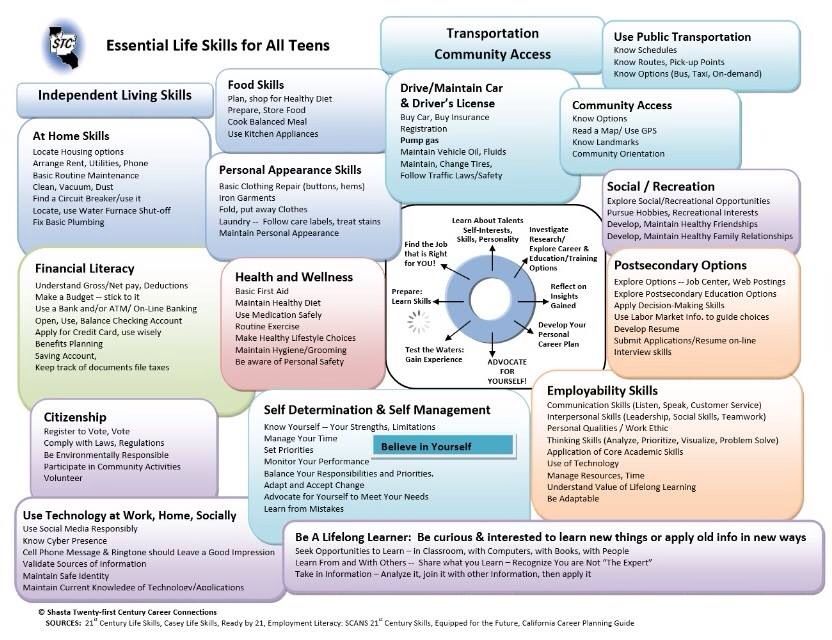
Features of love stories:
-
Love, like any story, has a beginning, middle and end. The end can often be predicted from the beginning.
-
Love stories are not permanent, they are written, revised and rewritten.
-
All relationship views are filtered through stories.
-
We create our own stories and define what love means to us.
-
Everyone has a whole set of love stories.
-
Love stories have their own hierarchy. Some stories mean more to us than others.
-
Stories themselves are not right or wrong. For them, you need to use the concept of compatibility - your stories with your partner may or may not be compatible.
-
Your stories with your partner will never be identical.
-
When we meet a person, we try to form a relationship with him based on our love stories.
-
To change relationships, history itself must be changed.
 Otherwise, you will fight not with causes, but with consequences.
Otherwise, you will fight not with causes, but with consequences. -
There are two roles in every story. Roles can be either symmetrical or asymmetrical.
There are popular and unpopular love stories.
Popular Love Stories:
-
Travel Story - Partners view relationships as a journey they take together.
-
The history of the garden - the story is based on the idea that relationships must be constantly maintained and developed.
-
The story of the victim - in such stories, one partner constantly sacrifices something for the sake of the other.
-
The story of a democratic government - equality of partners in a relationship.
-
Historical story - for partners, the past plays a big role, which influences the present. The events of the past will never disappear and will always remind of themselves.
-
Humorous stories - partners do not take anything too seriously, and humor is the way to solve all problems.

Unpopular love stories:
-
Horror story - one of the partners terrorizes the other partner - the victim.
-
History of the "collection" - the selection of a partner is based on the criteria of the "collection" of previous partners.
-
History of autocracy - one of the partners has all the power in the relationship.
-
Game Story - Stories are based on competition. In these stories, there are only winners and losers, if one partner is approaching victory, then the other is approaching loss.
-
Sci-fi story - in such stories, a person is either looking for very strange partners, or he himself feels alienated and is looking for someone who will accept him as such.
Couples are happiest when their love stories match. Good relationships don't take as much as we think. The success of a relationship is based on the compatibility of the love triangle and love stories - if you are looking for the same thing, your relationship will be strong and reliable.